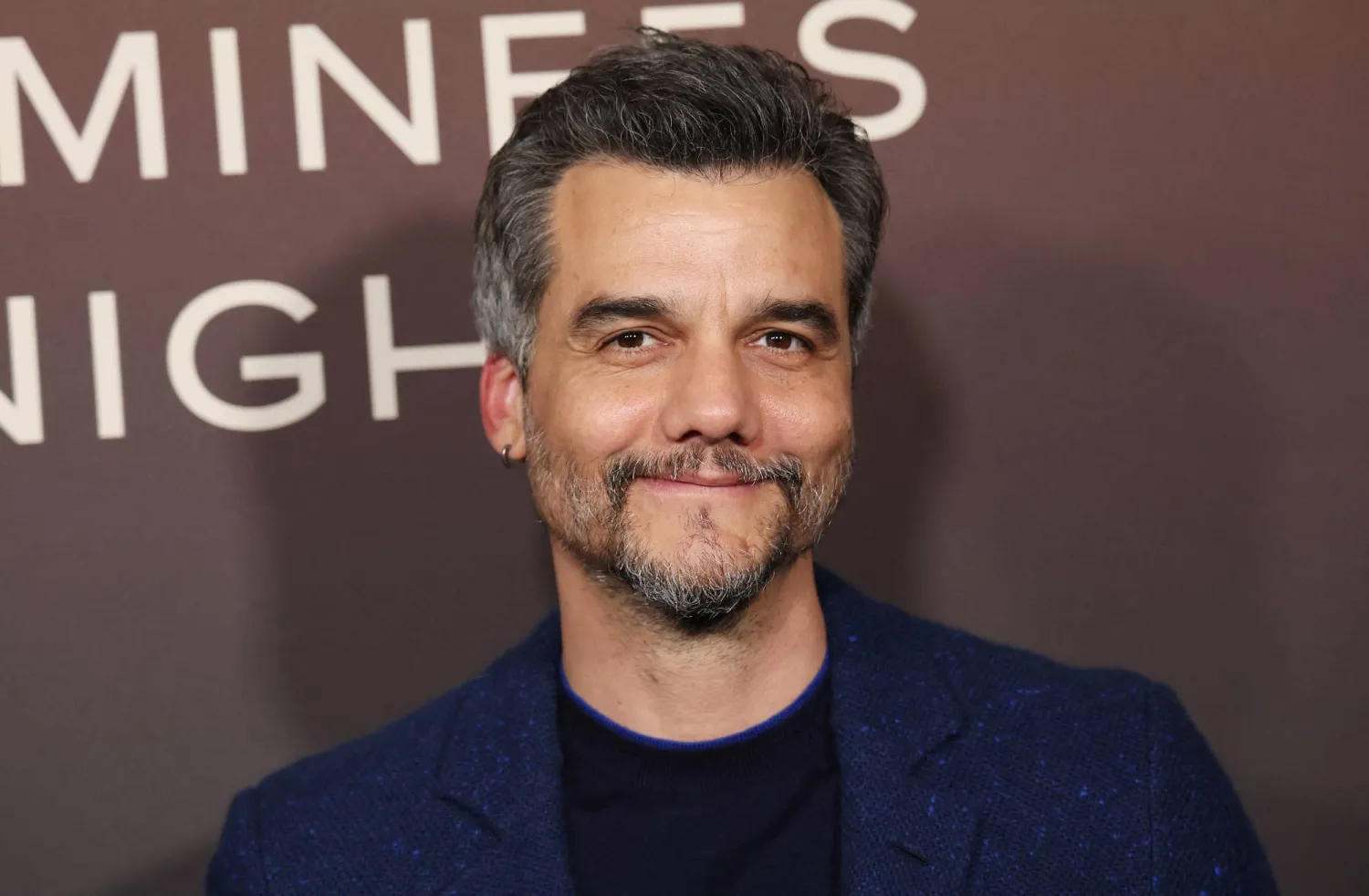It’s a noir staple to open with a bit of narration, but once the nameless hit-man protagonist of David Fincher’s “The Killer” starts gabbing, he doesn’t stop.
As Fincher’s assassin (Michael Fassbender) awaits his target from a high, unfinished floor in a Paris building that looks out on the home of his mark, his inner monologue runs with a smooth, affectless monotone. His musings are a mix of professional tips (“Anticipate, don’t improvise”), nihilistic existential observations (“Most people refuse to believe that the great beyond is anything more than a cold, infinite void”) and sincere self-reflections (“I’m not exceptional, I’m just apart”).
That last line is the most telling one. “The Killer” is a terse, minimalist thriller in the cool, cold-hearted tradition of Jean Pierre Melville’s “Le Samouraï.” But while its methodical and solitary assassin acts and moves like cunning killers we’ve seen before, he blends into a modern background. He doesn’t wear a trench coat or fedora; he dresses like a German tourist, with a dopey bucket hat. He shops for tools on Amazon. He picks up supplies at Home Depot. His position in Paris is an unused WeWork space.
In “The Killer,” an agent of death is hiding in plain sight. He’s an assassin for our homogeneous, corporate world operating in the same spaces we all do. He eats McDonalds. He drives a white Avis rental van that’s the exact same as a dozen others in the rental car parking lot. Sameness is his superpower.
That also means that his nihilism is ours, too. “The Killer,” which begins streaming Friday on Netflix, is a thriller where pointlessness isn’t just lurking in the shadows. It’s everywhere, even in a movie plot that grows increasingly resistant to offering the usual genre satisfactions. Fassbender’s hitman, a background actor supreme, is a lethal manifestation of our soulless environment.
In that opening scene, he boasts of having a batting average (1.000, he brags) “better than Ted Williams.” Yet the job goes badly. In the ensuing turmoil, he races to erase his footsteps but not before a dissatisfied client has his girlfriend (Sophie Charlotte) nearly beaten to death at their clandestine Dominican Republic home.
He embarks on a location-hopping mission to eliminate those responsible, an odd twist for an assassin who, at length, preaches disaffection. Much doesn’t quite fit in “The Killer.” That he even has a live-in girlfriend — we barely see her and his thoughts never again turn back to her — seems unlikely. A revenge plot also doesn’t quite suit such a dispassionate protagonist. “Forbid empathy,” he says. And the movie, too, can be withholding of anything like emotion. The most distinct thing about Fassbender’s killer is that, like Patrick Bateman bopped to Huey Lewis and the News, he listens exclusively to the Smiths.
There’s much pleasure to be found in the unnamed hit man’s proficiency, just as there is in Fincher’s cool finesse. Here, the director — long known for his own meticulous rigor — is working with some regular collaborators, among them screenwriter Andrew Kevin Walker (“Se7en”), composers Trent Reznor and Atticus Ross (“The Social Network”) and cinematographer Erik Messerschmidt (“Mank”). And there’s a kinetic thrill to seeing Fincher back in B-movie territory. (The script is based on a French graphic novel by Alexis “Matz” Nolent.)
Especially good is a nighttime sequence set in Florida that begins and ends with a bloodthirsty dog and in between features violent hand-to-hand combat that careens through glass and walls. The scene, like several others in “The Killer,” is a filmmaking feat of control. Fassbender, a natural at playing a loner (see “Shame”), is captivating throughout because he so possesses the movie’s chief traits of guile and a deadpan sense of humor.
Everything here is tantalizingly close to calculated perfection that it comes almost as a surprise how “The Killer” ends up missing its mark. You could call it a feature of the film’s existentialism, but “The Killer” increasingly is working, albeit proficiently, in a vacuum. Our hitman travels from place to place — always with fake passports with the names of TV characters like Felix Unger, Lou Grant or Sam Malone — but we don’t get anywhere deeper with him or anything else. Meaningless may be the point in “The Killer,” but at a certain point in this stylishly composed but empty vessel, you feel like pleading as another Fincher protagonist once did: What’s in the box?









